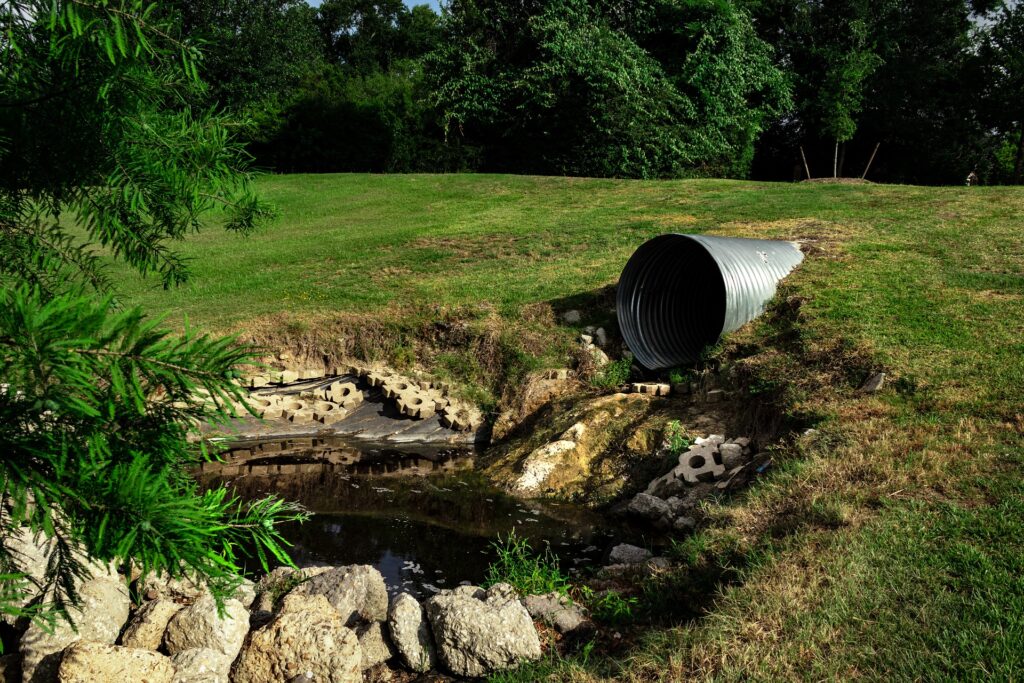More than 80% of the world’s sewage is discharged untreated into the environment.
Whether it is the water that comes out of the toilet or the large amounts of wastewater that flows out from industrial plants, we all contribute to the generation of wastewater and that is why we all have to deal with it.
What is the impact of wastewater on the environment?
Unfortunately, the effects of wastewater on the environment are mostly negative. There are many pollutants in sewage that are harmful to marine ecosystems, including pharmaceuticals, heavy metals, and endocrine disruptors. These contaminants impact coral reproduction, growth, vulnerability to disease, and more. And sewage pollution can also mean desalination, sedimentation, shading, and the introduction of pathogens to marine ecosystems.
That is why it is important to treat it properly before it can be disposed of, usually in the ocean.

However, there are two problems: If sewage is only partially treated before disposal, it can pollute the water and harm large amounts of wildlife. Alternatively, leaks or floods can cause raw sewage to flow into rivers and other water sources, inevitably polluting them.
The consequences of wastewater pollution are not very good. In September 2016, a large part of the River Trent in England was polluted by sewage, killing more than 15,000 fish. If these polluted waters had reached a human water source, the consequences would have been fatal, as contamination of water sources can spread diseases such as e-coli, diarrhea, and hepatitis A.
Using wastewater
However, not everything in the sewage is wrong. In addition to pollutants, human wastewater contains a set of information that can be used to monitor a variety of areas. While most of the research has focused on tracking illegal drug use, it is now being extended to other potential fields of research. Determining the presence of pesticide metabolites, for example, can be beneficial to the food and agriculture sector. In addition, it can help researchers determine the effects of environmental pollution in specific communities.
Although the most efficient way to use wastewater is by treating it to obtain a water quality that allows its reuse in activities with direct and indirect human contact. In this way, you can actively contribute to controlling water scarcity in the world.